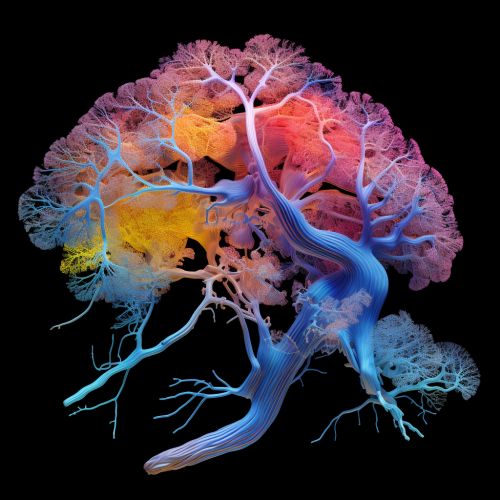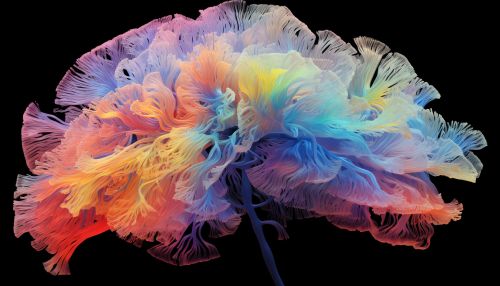Neuropsychology
Introduction
Neuropsychology is a branch of psychology and neuroscience that aims to understand how the structure and function of the brain relate to specific psychological processes. It is scientific in its approach and shares an information processing view of the mind with cognitive psychology and cognitive science.
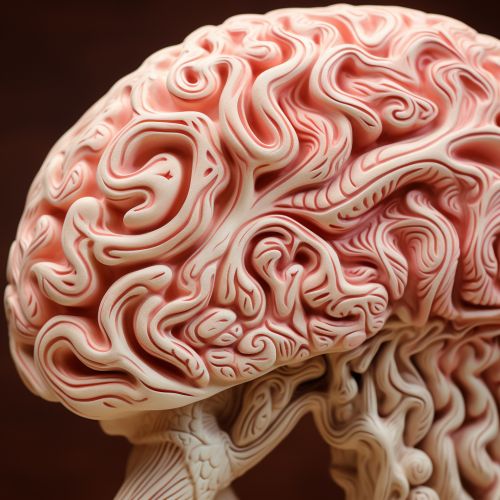
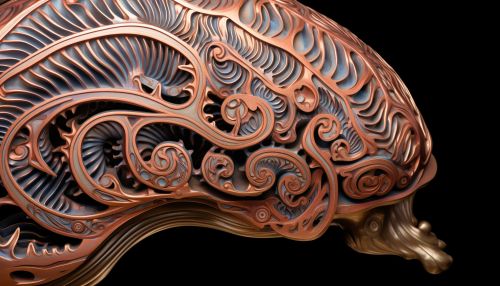
History of Neuropsychology
The history of neuropsychology dates back to the Ancient Greeks, but the field as we know it began to take shape in the 19th century. Early pioneers like Paul Pierre Broca and Carl Wernicke made significant contributions to our understanding of the brain's involvement in language, which led to the development of the field of aphasiology.
Brain Structure and Function
Neuropsychology studies the structure and function of the brain as they relate to specific psychological processes and behaviors. The brain is divided into several areas, each responsible for different aspects of what we think, feel, and do.
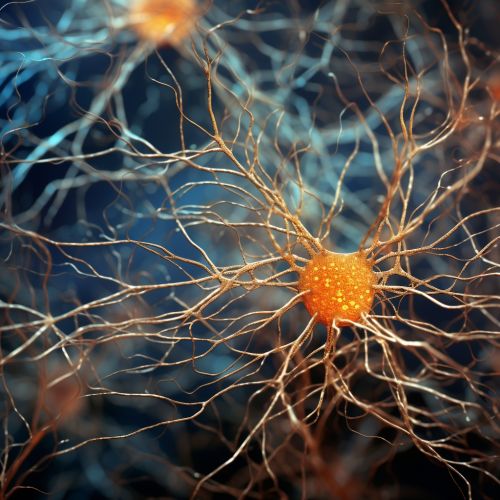
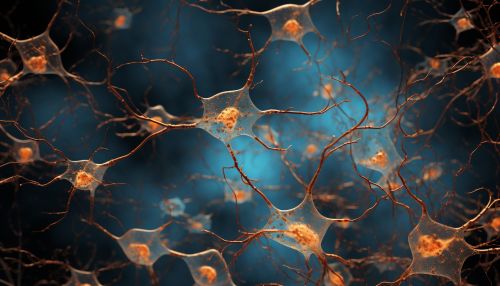
The Frontal Lobes
The frontal lobes are involved in motor function, problem solving, spontaneity, memory, language, initiation, judgement, impulse control, and social and sexual behavior.
The Parietal Lobes
The parietal lobes are involved in sensation and perception and are also important in integrating sensory input (primarily with the visual system).
The Temporal Lobes
The temporal lobes are involved in processing auditory information and encoding memory.
The Occipital Lobes
The occipital lobes are the visual processing center of the mammalian brain.
Neuropsychological Assessment
Neuropsychological assessment is a performance-based method to assess cognitive functioning. This involves the systematic administration of tests and procedures that sample different aspects of a person's cognitive functioning.
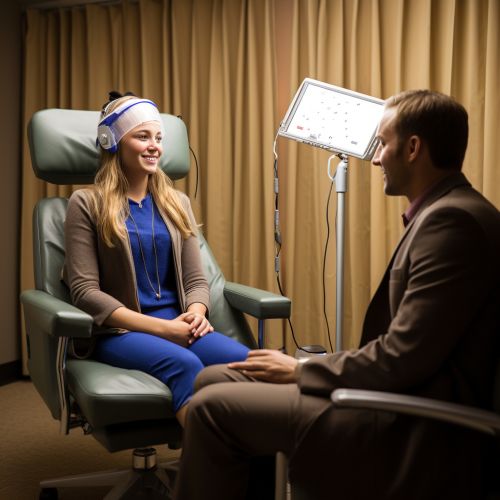

Neuropsychological Rehabilitation
Neuropsychological rehabilitation is a customised treatment process aimed at helping individuals to regain their normal or best possible functioning after a brain injury or illness.
Disorders and Conditions
Neuropsychology has been involved in the development of theories about the nature and origins of the following disorders and conditions:
Alzheimer's Disease
Alzheimer's disease is a chronic neurodegenerative disease that usually starts slowly and worsens over time. It is the cause of 60–70% of cases of dementia.
Parkinson's Disease
Parkinson's disease is a long-term degenerative disorder of the nervous system that mainly affects the motor system.
Stroke
A stroke is a medical condition in which poor blood flow to the brain results in cell death.
Traumatic Brain Injury
Traumatic brain injury (TBI) is a brain injury caused by an external force.
Future Directions
Neuropsychology continues to evolve and make significant contributions to our understanding of brain function and dysfunction. The integration of neuropsychology, cognitive neuroscience and neuroimaging is a particularly exciting development, promising advances in both theoretical and applied domains.
